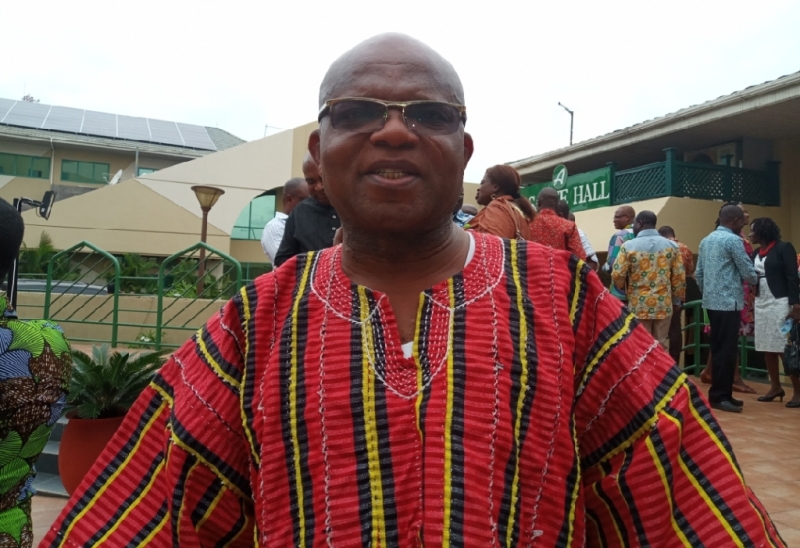Inter-service and sectoral collaboration to enhance holistic planning- Ato Arthur

Dr Nana Ato Arthur, Head of Local Government Service (LGS), has called for a successful implementation of the Inter-Service and Sectoral Collaboration Cooperation System (ISCCS) to enhance holistic planning for effective delivery of services to the citizenry.
He said expected impacts from implementing the ISCCS would be improved legal, constitutional, regulatory and institutional systems as well as enhanced holistic planning.
It would also reduce institutional conflicts, judicious use of resources, improve participation, transparency and accountability in service delivery, improve local economy, poverty reduction, employment generation and general rise in household income, enhance social cohesion, gender mainstreaming in service delivery and improve environmental conditions.
Dr Nana Ato Arthur made the call at a day’s workshop on the ISCCS in Accra.
Participants were drawn from the Ministries, Departments and Agencies (MDAs), Metropolitan, Municipal and District Assemblies (MMDAs) and Civil Society Organisations (CSOs) and academia.
The purpose of the inter-service collaboration was to facilitate unity of effort, achieve common objectives; provide common understanding and development of an effective local platform to work.
The ISCCS was developed for adoption and used by all partners on the strength of the provisions in the LGS Act 2003 (Act 656), which had been amended into the LGS Act, 2016, (Act 936: Section 63 (4) (c) which states that: “The Head of the LGS shall establish systems of effective inter-service and sectoral collaboration and co-operation between the Service and other public services to harmonise local government programmes and avoid duplication with the approval of the Council”.
He said in the discharge of their mandates, some issues of overlaps, duplications and conflicts in functions, planning and implementation of programmes and projects will arise among institutions at the regional and district levels and resolution of such issues required an effective Inter-service and Sectoral Collaboration and Cooperation mechanism.
He noted that such a mechanism among Institutions and Services in the decentralisation programme would among others help to facilitate the unity of efforts, fosters common understanding on development issues, and serve as an effective system for integrated service delivery.
Dr Esther Ofei-Aboagye, Policy Analyst and Development Consultant, and a former Director of Ghana’s Institute of Local Government Studies, gave a presentation on the ISCCS.
She said the ISCCS would consist of inter-institutional engagement, networking, communication and coordination of functions.
She listed the guiding principles as loser working relationship, characterised by interdependence, commitment, mutual understanding, trust and respect, participatory decision-making, open and frequent communication, complementarity in terms of resources and skills, strong and shared leadership.
Nana Rex Owusu Ansah, Chairman of LGS Council, called for the replication of the workshop at the regional levels.
Nana Kwasi Agyekum Dwamena, the Head of Civil Service, who chaired the function, said there was the need for team work in both the Civil Service and the LGS, to ensure better service delivery to the citizenry.
Source: GNA
